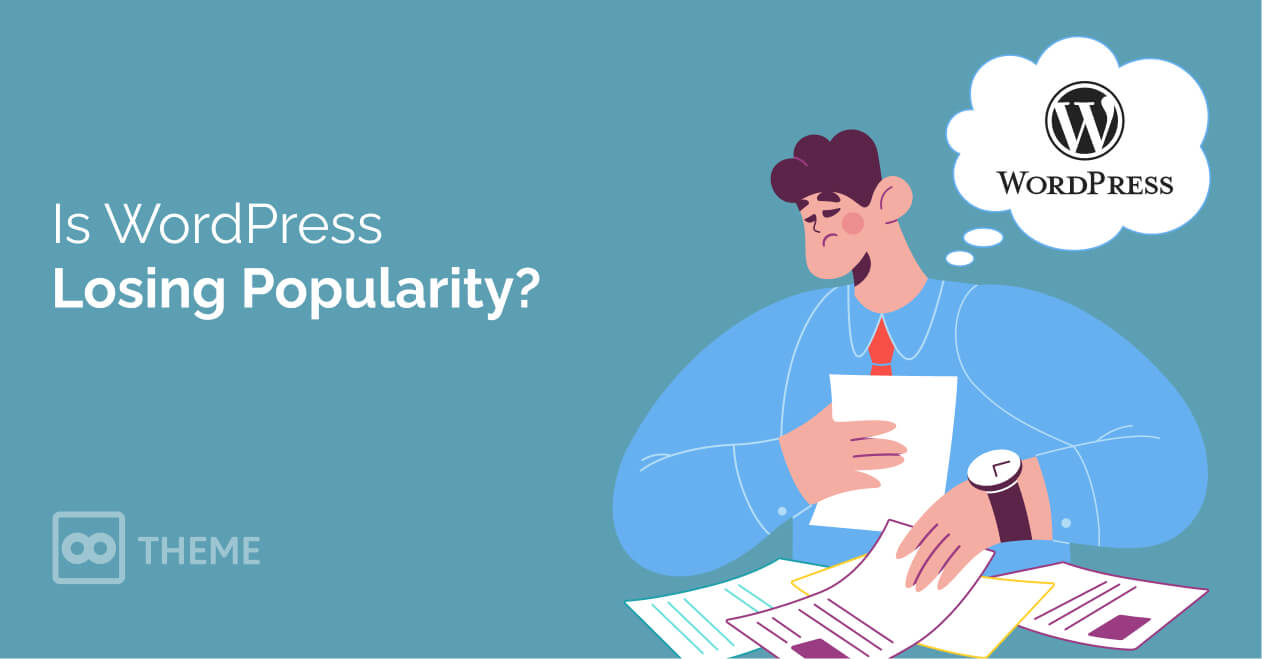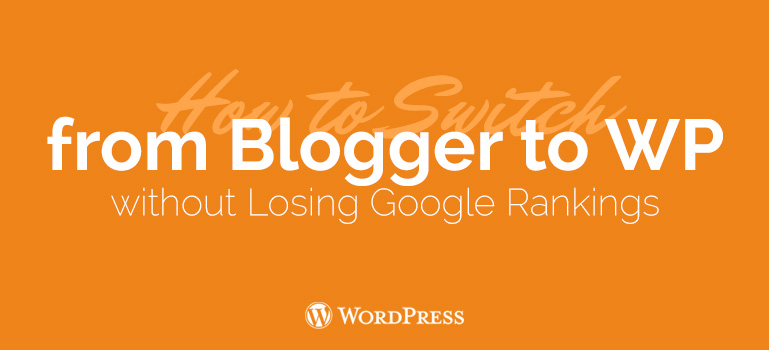
Nowadays, businesses no longer question whether they need their own website. However, a new challenge has emerged: which platform should they choose to create it? A few years ago, WordPress dominated the market in terms of the number of new websites built on its foundation. But with the recent expansion of specialized features offered by newer platforms, fierce competition has arisen in this space. So, is WordPress no longer as relevant? Our article today explores this question in detail.
WordPress is one of the most popular content management systems (CMS) in the world, powering millions of websites. But how did this powerful platform come to be? Let's delve into its history.
It all began in 2001 with a project by French programmer Michel Valdrighi, who developed a blogging system called b2/cafelog. This system was written in PHP and utilized a MySQL database. Later, Matt Mullenweg and Mike Little joined the project and made significant contributions to its development. In 2003, when Michel Valdrighi stepped away from the project, Matt Mullenweg took over, and the platform was renamed WordPress.
One of the key decisions that ensured WordPress’s success was its adoption of an open-source model. This allowed anyone to study, modify, and distribute the platform’s code. An active community of developers and users continuously contributed their expertise to enhance the platform, creating new themes, plugins, and expanding its capabilities. WordPress quickly gained popularity due to its user-friendly interface, flexibility, and the vast array of available templates and plugins.
Today, WordPress is used to create a variety of websites, ranging from simple blogs to complex online stores and corporate portals. The WordPress community remains highly active, offering user support and developing new tools. This ongoing evolution allows WordPress to adapt to new challenges and trends in web development.
In 2011, the community was introduced to a revolutionary new plugin: WooCommerce. This plugin enabled WordPress-based sites to function as full-fledged online stores.
However, if we examine the history of other groundbreaking software products, we often see that, over time, they lose their leading positions. This typically occurs due to their inability to overcome fundamental limitations that stem from their initial design approach. In other words, it can sometimes be easier to develop something new that fully meets the demands of today rather than to reform what already exists.
So, is WordPress destined to share the same fate?
Balanced, up-to-date statistics are the best way to visualize the current situation. We used data from reputable services in the tech world:
When it comes to WordPress, the success story is indeed impressive:
Even in a market saturated with various web creation tools, WordPress continues to show steady growth, albeit not as rapid as during the technology’s early days.
So why do some users and experts express doubts about WordPress's future? Why do they predict its decline?
Several key factors could potentially dethrone WordPress. Let’s take a closer look at them.
New Platforms Like Shopify and Squarespace Are Creating Effective Competition
Over two decades of market dominance have naturally led to the emergence of new products designed to meet the evolving needs of modern users. These include:
If you need a beautiful website with a focus on design, Squarespace can be an excellent choice. For creating a large online store, Shopify might be more logical. And if you require maximum flexibility and the ability to create any type of website, WordPress remains a universal solution.
However, if we look at Google Trends, WordPress still outpaces these platforms by a significant margin. While WordPress holds a market share of 43%, Shopify, for example, accounts for no more than 5% of websites worldwide.
In other words, WordPress is currently holding its own against the competition.
Alternative Technologies for Website Development
We are also witnessing the rise of entirely new approaches and technologies for website creation, such as:
At first glance, it might seem that such competition, which addresses current challenges in much more efficient ways, would significantly impact WordPress’s popularity. However, implementing these new technologies requires specialized expertise, which often comes at a high cost. For small projects, which make up the majority of websites, it is more economically viable to use the nearly free WordPress platform.
Security Issues Are of Particular Importance in the Modern World
Website security is a crucial aspect of online success. It affects not only the safety of your data but also your business's reputation and user trust. Hacker attacks, viruses, and other threats can lead to data loss, financial setbacks, and even complete website failure.
As one of the most popular platforms for website creation, WordPress is a prime target for hackers. Recognizing this, its developers place a strong emphasis on security. Here are some of the key measures implemented to safeguard WordPress sites:
However, users must also play their part by using plugins and themes from trusted sources andly updating their websites. While this requires some effort, there are no viable alternatives. Even if you choose a different platform, the security best practices remain the same.
Despite the challenges, WordPress remains a powerful and flexible platform, capable of supporting a wide variety of websites. Its large community, updates, free licensing, and extensive customization options have made it one of the most popular CMSs in the world. WordPress is chosen for its combination of many key strengths:
Yes, the needs and demands of users are evolving. They seek new tools and approaches to achieve the best results, which inevitably draws some attention away from WordPress. But this doesn’t mean the platform will fade into obscurity. It still has immense potential and, more importantly, is poised to adapt to new challenges.
Everything has a beginning and an end. But as for WordPress, it will be with us for a long time, offering an exceptional experience for building your own website. Incredible ready-made WordPress themes from 8Theme will make this process much easier. In our catalog, you're sure to find something that suits your needs.
Did you know ?
One standard license is valid only for 1 project. Running multiple projects on a single license is a copyright violation.

Posted by Alex Miro
